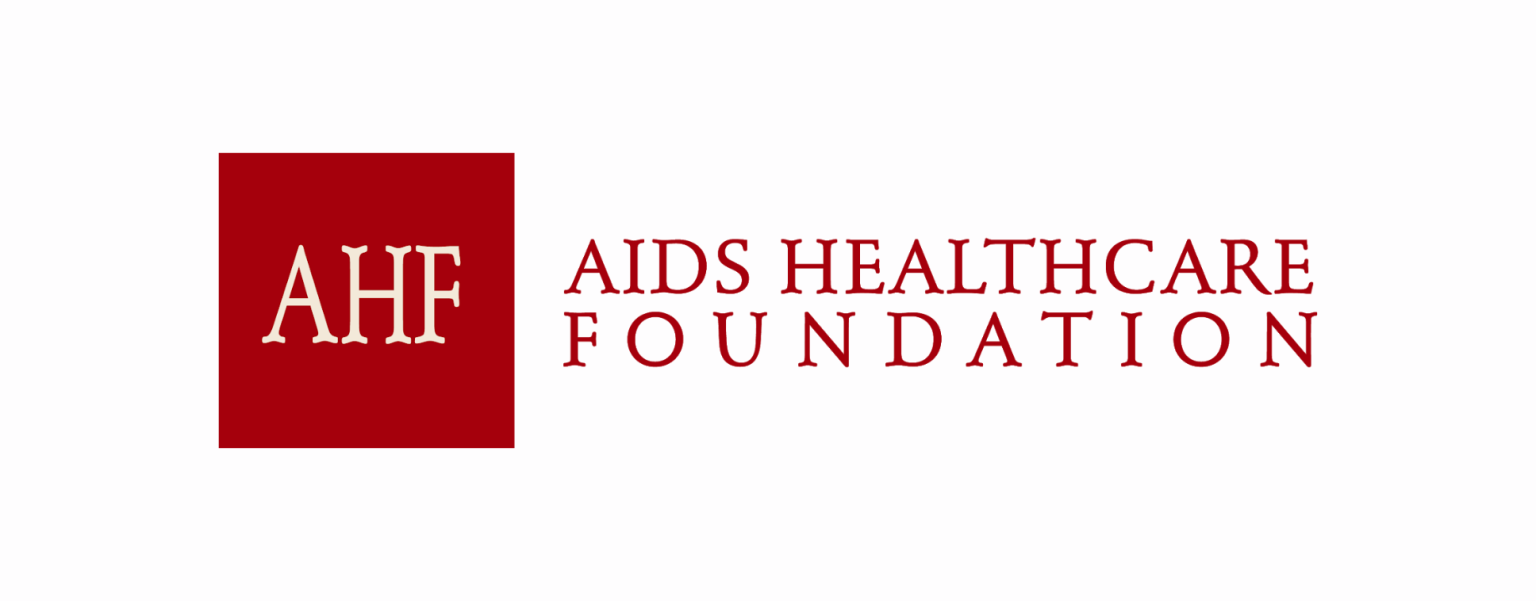The Aids Healthcare Foundation (AHF), Nigeria, has renewed calls for increased investment in adolescent girls’ health as part of efforts to address the rising rate of HIV and sexually transmitted infections (STIs) among young women across sub-Saharan Africa.
The organisation raised the concern while commemorating the 2025 International Day of the Girl Child, stressing that gender inequality, poor access to healthcare, and inadequate education continue to expose young girls—especially those aged 15 to 24—to HIV and other reproductive health challenges.
In a statement issued to journalists, AHF revealed that an estimated 4,000 young women within that age bracket become infected with HIV each week in sub-Saharan Africa.
The foundation maintained that greater financial support is needed for HIV prevention, testing, and treatment programmes, as well as for policies that ensure wider access to healthcare and sexual and reproductive health services.
Read Also: High-risk HIV groups face surge in criminalisation under new laws
As part of activities to mark the Day of the Girl, AHF announced that it would hold an educational and empowerment event on October 10 at Community Commercial Secondary School, Ikot Oku, Ubo, Offort, Uyo, Akwa Ibom State.
The initiative aims to educate both in- and out-of-school girls on menstrual health management, leadership development, and sexual health awareness.
Participants will also take part in discussions and presentations on issues affecting girls, with outstanding contributions recognised through awards. The event will feature the free distribution of reusable and disposable sanitary pads and link adolescent girls to mentoring opportunities across the state.
AHF Nigeria Country Programme Director, Dr. Echey Ijezie, lamented the persistent challenges confronting young girls, including limited educational opportunities, poor menstrual hygiene management, gender-based violence, and restricted access to comprehensive sexual and reproductive health services.
He cautioned that these challenges further increase the susceptibility of young girls to contracting HIV.
“AHF calls for greater investment in HIV/STI prevention, testing, and treatment programs and supportive policies that expand access to healthcare, including sexual and reproductive health services,” Ijezie said.
According to the organisation, its Girls Act initiative currently operates in nearly 40 countries, empowering adolescent girls and young women with the knowledge, confidence, and support needed to stay free from HIV, continue their education, and avoid unintended pregnancies.
AHF further emphasised the importance of tackling “period poverty,” promoting comprehensive sexuality education, and combating harmful practices such as gender-based violence and child marriage.
The event in Uyo is expected to be attended by several partner organisations, including the Civil Society for HIV/AIDS in Nigeria (CISHAN), the Center for Clinical Care and Clinical Research in Nigeria (CCCRN), and the Excellence Community Education Welfare Scheme (ECEWS).
Officials from the State AIDS and STIs Control Programme and the Akwa Ibom State Ministry of Women Affairs, led by Commissioner Hon. Inibehe Silas, are also expected to participate.
The International Day of the Girl Child is observed globally on October 11 each year to celebrate the achievements of girls, amplify their voices, and advocate for their rights, health, and wellbeing.



